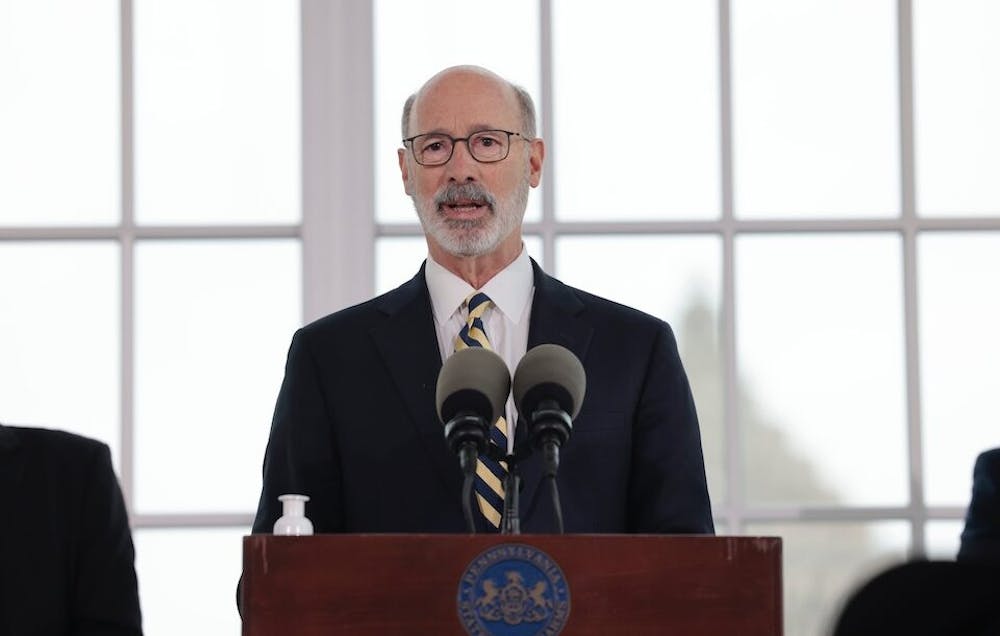Last year, Governor Wolf released a 21-22 budget proposal for charters across PA to streamline school funding, limit administrative corruption, and reduce overspending on the state's charters. PA’s charters have become increasingly under fire after the PA School Board Association in 2016 took many charters to trial after being uncooperative with financial investigations. The introduction of ultra profitable cyber charters (receiving the same funding per student as physical charters without the housing costs) has also made many skeptics of the whole charter system.
After a 25 year standstill amongst PA legislators on charter reform, action has been taken. Just days ago, the last steps in the editorial process of Gov. Wolf’s bill were pushed through and the regulations will soon be implemented.
Supposedly, over $300 million will be saved yearly from taxpayers and school districts alike, eliminating overly complex and impractical funding requests. The new proposal will create a 4 tiered system in which charter schools will be able to apply for finances with a clear fiscal spending plan and audits similar to those done in the state's public schools.
Other changes include standardizing new charter applications, health care benefits for staff as in public schools, and enabling all PA students access to a charter without discrimination. The ambiguous search of what is bias in student acceptance has many questioning how the state will create equity via legislation.
Small and large charters alike oppose these new regulations stating that they only limit school choice. Charters such as the Community Academy of Philadelphia (CAP) have voiced their grievances with the proposal. CAP, a K-12 private school turned charter in 1997, currently resides in an abandoned cheese factory in Juniata. The CEO of Philly’s first Charter, Alberta O’Brien, claims the school is a “new innovative educational system to help the failing public school system (of Philadelphia).” While Gov. Wolf’s proposal will not directly affect this charter, the school thinks differently.
A student of CAP says, ”Wolf is making the attempt to limit the acceptances … in order to slowly but surely stop my school from running. The CEO of my school sent out a petition in order for the decision not to go forward. I am not too sure the progress on that.” Though the school had its financial records seized in 2009 by the FBI for possible mismanagement, the student adds, ”My school is not a bad school in the slightest. I feel safe whenever I walk through the building. It’s not dirty or filthy. They have been very helpful in my process into applying for college and offer so many different clubs and activities.”
It seems that before the end of his term in early 2023, Gov. Wolf will be pushing further regulations in what might be considered America’s most infamous charter system. Some say the reduction in charter funding will allow taxpayers to stop overspending on institutions they don’t use and reinvest it into the public schools. Others argue that these cuts to funding will negatively impact the most vulnerable students, POC and those of special ability. Reducing small charters' ability to apply for finances and extra programs to support marginalized students. We have yet to see if these regulations will improve or hinder our state's education.


![Masking requirement flyer from the Philadelphia School District. [Credit: Kaitlyn Rodriguez/Bullhorn]](https://snworksceo.imgix.net/bhn/e22f9098-c9bf-4e8d-99fb-4caac68211cf.sized-1000x1000.jpg?w=1500&ar=4%3A3&fit=crop&crop=faces&facepad=3&auto=format)

